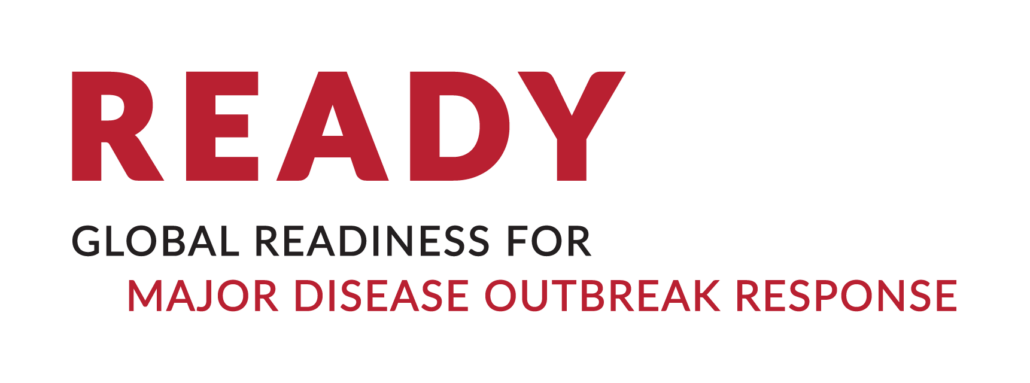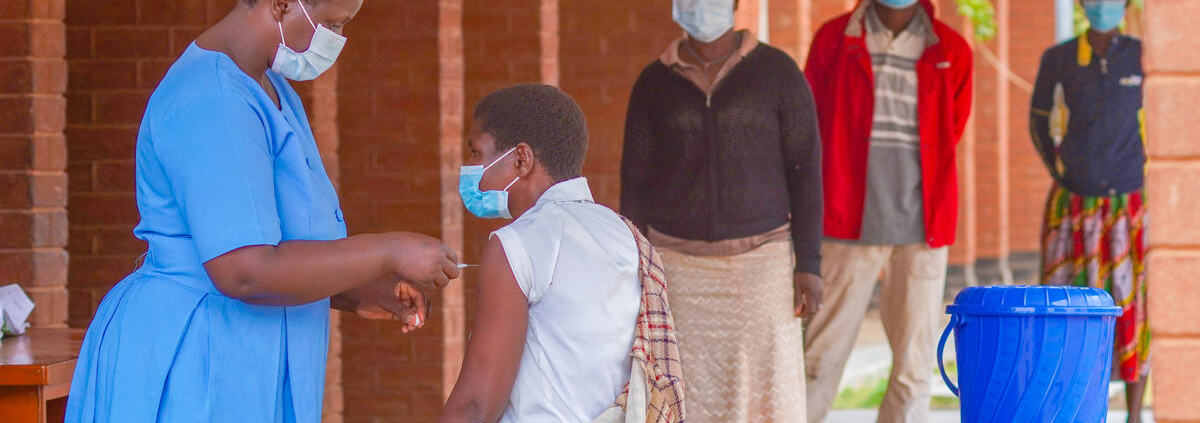Por que o atraso? Perspectivas de atores nacionais e locais sobre o progresso em direção à prontidão e resposta a surtos liderada localmente
Autor: PRONTO
As organizações locais desempenham um papel fundamental na preparação e resposta a surtos de doenças em contextos humanitários. No entanto, suas contribuições são frequentemente negligenciadas, especialmente em termos de engajamento e liderança na coordenação de surtos, alocação de recursos e estruturas de tomada de decisão. Surtos recentes de doenças infecciosas em contextos humanitários enfatizam a urgência de reconhecer o valor dos atores locais, suas habilidades e capacidades existentes e seu poder de decisão para apoiar ações lideradas localmente. Uma mudança da competição para a colaboração é essencial para garantir respostas eficazes que atendam às necessidades das populações afetadas, e sinais de um compromisso renovado com a localização por parte de atores globais oferecem uma oportunidade crucial para agir agora.
Este artigo aborda o resultado de consultas com os principais atores humanitários e de surtos globais, organizações locais e nacionais na República Democrática do Congo, Sudão do Sul, Síria e Iêmen, e uma revisão documental abrangente da literatura existente. O artigo concentra-se em suas perspectivas, necessidades e prioridades e fornece recomendações para ações lideradas localmente durante surtos de doenças infecciosas em contextos humanitários. As conclusões, apresentadas como Ações-Chave, fornecem uma base para o diálogo e a cooperação futura entre atores locais e globais, a fim de impulsionar ações concretas e romper a inércia da localização.


Este site é possível graças ao apoio do povo americano através do Agência dos Estados Unidos para o Desenvolvimento Internacional (USAID) no âmbito da iniciativa READY. READY (não é um acrônimo) é apoiado pela USAID Gabinete para a Democracia, Conflitos e Assistência Humanitária, Escritório de Assistência a Desastres Estrangeiros dos EUA (OFDA) e é liderado por Salve as crianças em parceria com o Centro Johns Hopkins de Saúde Humanitária, o Centro Johns Hopkins para Programas de Comunicação, Reino Unido-Med, Aliança EcoSaúde, e Misericórdia Malásia. O conteúdo deste website é da exclusiva responsabilidade da Save the Children. As informações fornecidas neste site não refletem necessariamente as opiniões da USAID, de qualquer ou de todos os parceiros do consórcio ou do Governo dos Estados Unidos, e não constituem informações oficiais do Governo dos EUA.


